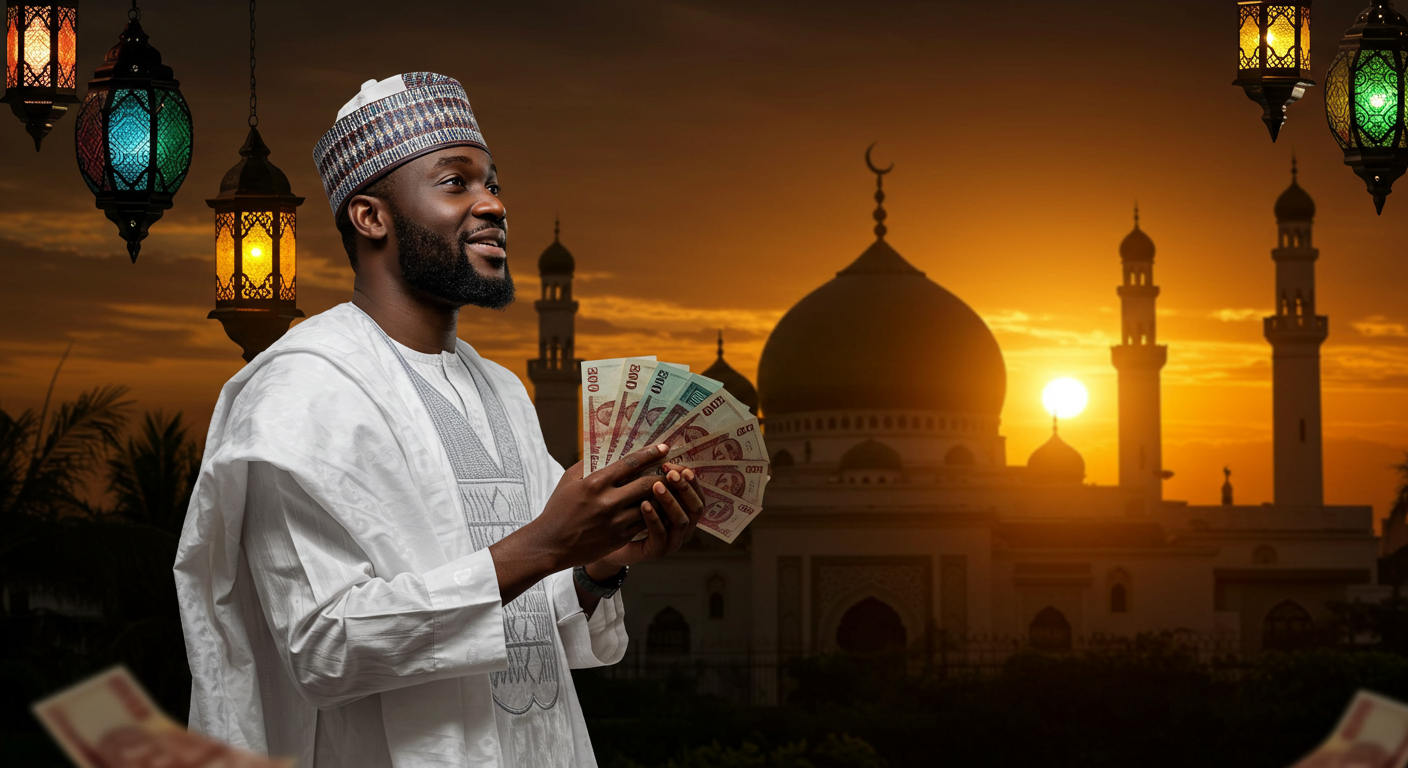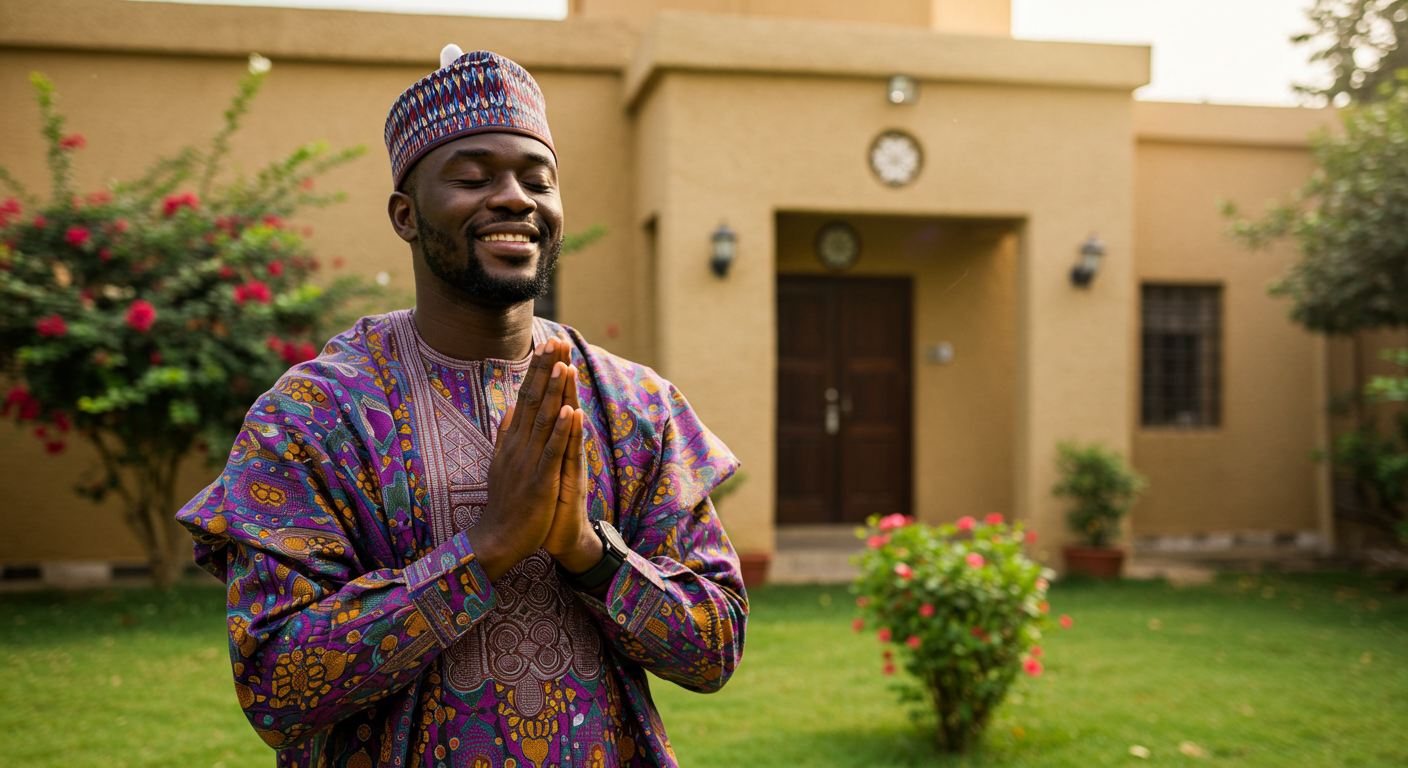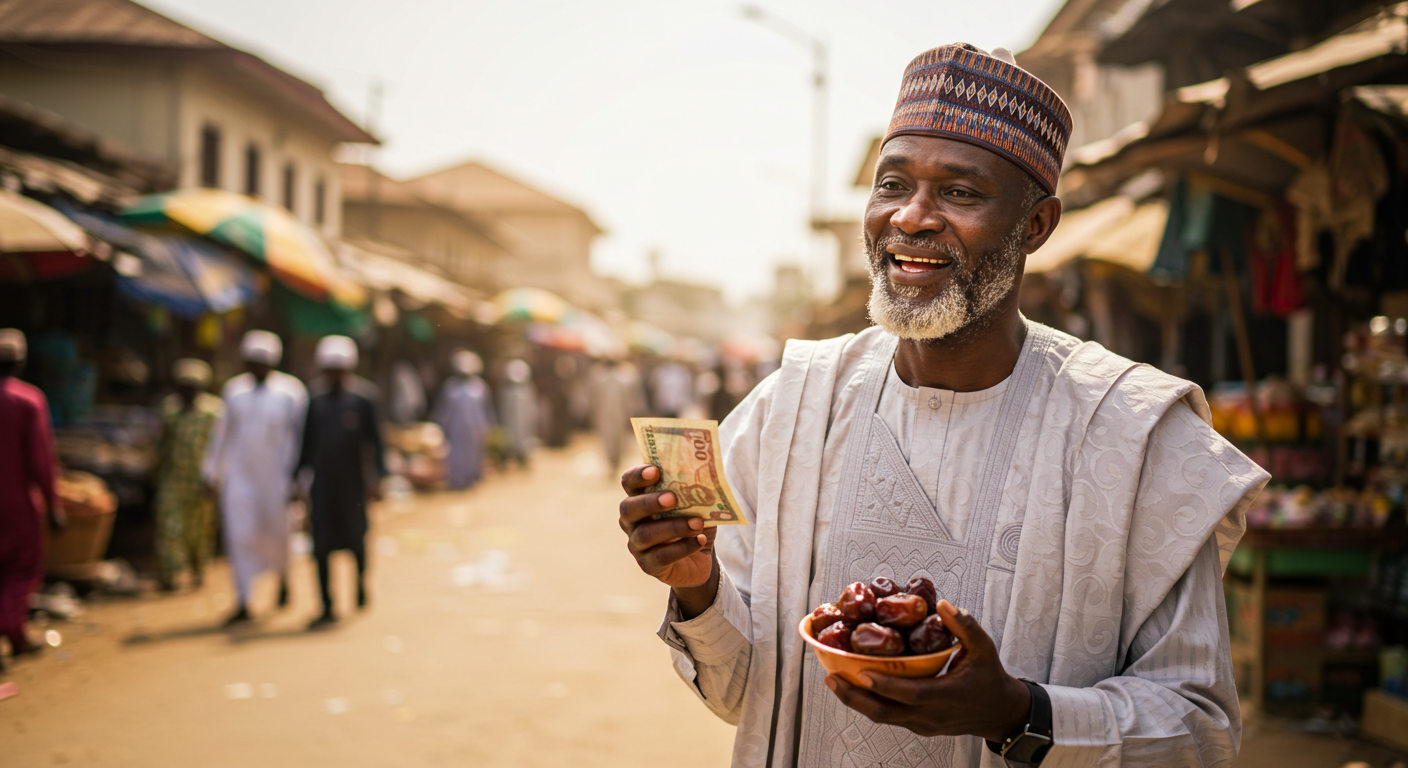
Ramadan is a time of deep reflection, self-discipline, and spiritual renewal. Beyond its religious significance, it also offers profound lessons in financial mindfulness. The act of fasting teaches patience and self-restraint, reminding us that we don’t need instant gratification to feel fulfilled. This same principle applies to money—when we learn to control our impulses, we make better financial decisions.
Moreover, Ramadan fosters gratitude. By experiencing hunger and abstaining from excess, we develop a greater appreciation for what we have. In personal finance, gratitude plays a crucial role in preventing unnecessary spending and avoiding lifestyle inflation. Instead of chasing material desires, we learn to value contentment over consumption.
As Ramadan draws to a close, these lessons don’t have to fade. By applying the principles of restraint, gratitude, and mindful giving to our finances, we can build a more intentional and fulfilling relationship with money.
Read: Zakat Beyond Ramadan – How to Make Giving a Year-Round Habit
The Financial Lessons of Ramadan: Restraint, Gratitude & Generosity

Ramadan is a time when we practice self-restraint, reflect on our blessings, and prioritize generosity. These lessons extend far beyond the month itself—they offer a framework for building financial stability and long-term well-being.
1. Restraint: Controlling Impulses for Better Financial Decision: Fasting is a powerful exercise in self-discipline. It teaches us that we don’t need immediate gratification to be content. The same applies to our spending habits. When we learn to delay unnecessary purchases and differentiate between wants and needs, we build financial security. This discipline helps prevent debt, unnecessary expenses, and financial stress.
2. Gratitude: Shifting Focus From Consumption to Contentment: Ramadan reminds us to appreciate what we already have. When we focus on gratitude, we are less likely to chase after material possessions to find happiness. This shift in mindset can lead to more intentional spending, reduced lifestyle inflation, and a greater emphasis on saving and investing for the future.
3. Generosity: Giving as a Path to Abundance: One of Ramadan’s core teachings is the importance of giving. Zakat and Sadaqah encourage us to support those in need, reinforcing the idea that wealth is not just for personal gain but also for communal well-being. In personal finance, adopting a habit of mindful giving—whether through donations, helping family, or supporting social causes—creates a sense of abundance. It also reminds us that financial success isn’t just about accumulation but about using wealth purposefully.
By embracing these principles beyond Ramadan, we can create a financial life centered on discipline, gratitude, and meaningful generosity. True wealth isn’t just about how much we earn, but how wisely and purposefully we manage our resources.
Applying Ramadan’s Lessons to Long-Term Financial Well-Being

Ramadan’s teachings don’t just shape our spiritual growth; they offer a valuable guide for how we manage money year-round. By carrying forward the principles of restraint, gratitude, and generosity, we can cultivate healthier financial habits that lead to long-term well-being.
Mindful Spending: The Power of Intentionality
During Ramadan, we make conscious choices about what we consume, whether it’s food, time, or energy. This same mindfulness can be applied to spending. Rather than making impulsive purchases, practicing mindful spending means aligning our financial decisions with our values, needs, and future goals. Every dirham, dollar, or pound spent should serve a purpose rather than be wasted on momentary desires.
Long-Term Planning: Delaying Gratification for Greater Gains
Fasting teaches us patience—the ability to endure short-term discomfort for a greater purpose. This concept mirrors the principles of financial planning. Whether it’s saving for a home, investing for retirement, or building an emergency fund, financial stability comes from prioritizing long-term security over instant gratification.
Sustaining the Habit of Giving
Ramadan encourages us to give selflessly, but generosity doesn’t have to be seasonal. Making charitable contributions a consistent part of our financial plan—whether through Zakat, Sadaqah, or other means—ensures that we continuously uplift our communities. Setting aside a portion of income for giving, much like we do for savings, turns generosity into a sustainable habit.
The Path Forward: A Balanced Approach
True financial well-being is about balance—between spending and saving, between personal needs and giving back. Ramadan’s lessons remind us that wealth is a tool, not a goal. By managing money with discipline, gratitude, and generosity, we can create a financial future that is both stable and fulfilling.
Read: Why Managing Your Money Wisely Is Also an Act of Giving
Carrying Ramadan’s Financial Wisdom Forward

Ramadan is a time of reflection, discipline, and generosity, but its lessons don’t have to end with the month. The financial habits we build—mindful spending, intentional saving, and consistent giving—can become lifelong principles that shape our financial well-being. By carrying forward the restraint we practiced in our purchases, the patience we exercised in delaying gratification, and the generosity we embraced through giving, we create a financial life rooted in purpose and balance.
As we move beyond Ramadan, the challenge is to remain intentional with our money. Set clear financial goals, continue to track spending, and prioritize giving as an essential part of financial planning. When we align our financial actions with our values, we not only secure our own future but also contribute to the well-being of others. Financial well-being isn’t just about wealth—it’s about living with purpose, gratitude, and balance.
